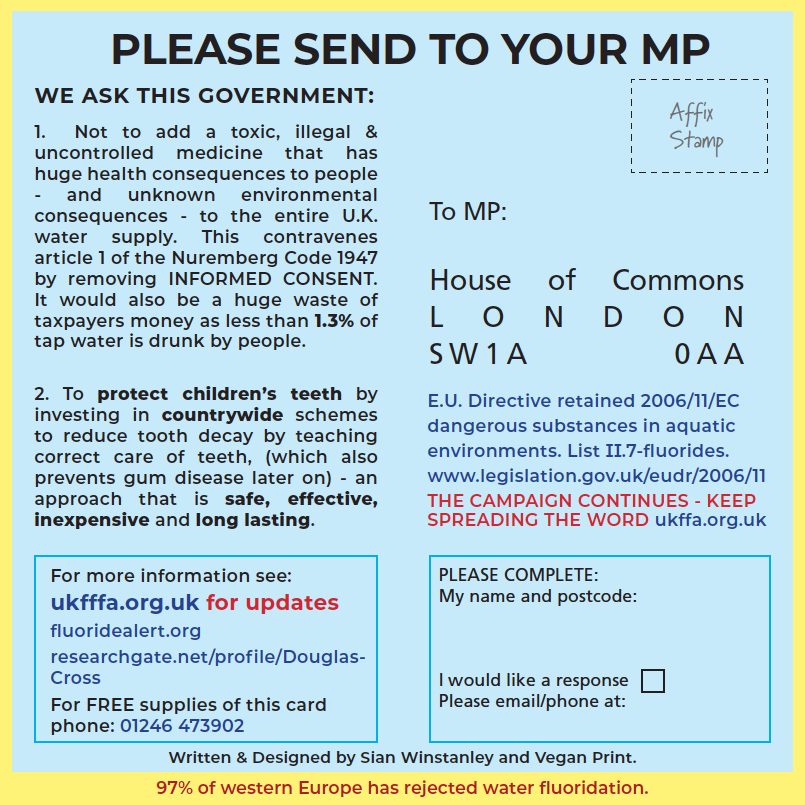Date:14 April 2022
Content Sections
- ● Fake meat not a silver bullet
- ● UK continues push to fluoridate water
- ● Has the time come to ditch publication of scientific papers?
- ● Unitended effects of genetic tinkering
- ● Covid Corner
Fake meat not a silver bullet
Lab grown and plant-based meat is not the silver bullet needed to counter the damage being done to the natural world by industrialised meat production. A new report released by the International Panel of Experts on Sustainable Food Systems (IPES-Food) called ‘The Politics of Protein’ looks at claims around the sustainability of alternative protein sources and warns of the risks associated with meat “techno-fixes”. Many of the claims being made to support the introduction of such ‘foods’ are considered to be pure hype, focusing primarily on the reduction of greenhouse emissions which fail to take account of how and where food is produced, ignore the entire food system and which will ultimately lead to the adoption of the “wrong solutions”. Most of the current claims for such proteins appear to be linked to pushing agendas that fit perfectly with a business-with-disease model promoted by those with significant vested interests.
UK continues push to fluoridate water
The UK government has published a consultation seeking views on a future consultation process as it continues to press ahead with plans to fluoridate UK water supplies. Added to this, plans by NHS Glasgow and Greater Clyde, in Scotland, to fluoridate water supplies in its region have been revealed. A new study reinforces the danger of fluoride to children’s health as it reveals the link between prenatal fluoride exposure and reduced intelligence in children aged between 4 and 12 years. Push back against the plans continues with the release of an updated postcard that can be sent to your MP, if you live in UK or Scotland, to protest against the plans (see below for details of how to order your postcards).
Has the time come to ditch publication of scientific papers?
An article in The Guardian asks if we should get rid of scientific papers as we know them and replace them with mini-websites known as notebooks. This would provide a fully transparent system that would allow visibility of the full study process as well as allowing access by other researchers to the full data for further analysis and peer review. In furthering our scientific knowledge in human health, as with any other field of science, it’s vitally important that the reader has the ability to trust that the scientific findings are an accurate representation of what happened experimentally. That means being able to be sure that the results aren’t loaded with bias or someone else’s agenda. So the question is, should we still be worshipping at the altar of peer-reviewed science or finding a new way to present scientific research including all relevant data and results not just, what often amounts to, a ‘photoshopped’ snapshot?
Unitended effects of genetic tinkering
A newly published report from Testbiotech in collaboration with the Canadian Biotechnology Action Network (CBAN), discusses the difference between traditional plant breeding and genetic engineering arguing the differences between the two systems must be reflected in any regulations addressing this area. Decisions about the introduction of organisms created by genetic engineering must follow the precautionary principle due to the many and often unintended off-target changes that can occur to prevent potentially significant damage to natural ecosystems and human health through the food chain. The latest edition of GM Freeze’s newsletter, ‘Thin Ice’, shares some of the latest updates on GM related issues including details of a new study sharing concerns over the discovery of transgenic fish that have been genetically engineered to glow in the dark, known as GloFish, in creeks in Brazil.


Covid Corner
- Early treatment of covid patients in Italy resulted in a significantly reduced mortality rate compared to mainstream interventions. The treatments used were found to be both effective and safe with very few or mild adverse reactions noted
- VUKA SA is a South African organisation founded by Dr Kat Naseeba, co-chair of the Health & Humanities Committee of the World Council for Health alongside Rob Verkerk PhD. The organisation is dedicated to promoting natural health options for all South Africans and providing a safe space that “encourages bodily autonomy and responsibility”
- A new vaccine injury reporting database has been created by the US based charity Truth for Health Foundation. The system is designed to provide a simple way for anyone injured by covid jabs to report their injury regardless of where they live in the world
- Citizens in the Chinese city of Shanghai have been subjected to one of the most brutal and total lockdowns seen since the beginning of the coronavirus crises in the past few weeks. Reports are emerging that people who test positive are being coralled in quarantine centres, children are being separated from their parents, pets are being killed and people too terrified to leave their apartments for fear of reprisals are now facing food shortages
- Israeli citizens over the age of 60 were found to have a 50% chance of dying due to covid after three covid jabs, but a fourth shot reduced that risk to 30% according to a new study published in a preprint journal. However, such protection was fleeting, peaking after around 2-3 weeks following injection. The lead author of the study, Dr Tal Brosh, commented that it wasn’t the number of jabs but how newly boosted someone was that made the difference
- A new paper from Swedish researchers, published in The Lancet, has found natural immunity from covid infection is long-lasting and that vaccine passports, where used, should take this into account alongside whether someone has been jabbed or not
- In the US, government advisors voted against recommending further boosters due to a lack of concrete evidence as to their effectiveness. However, the US Food & Drug Administration (FDA) has decided to extend approval against the advice of its own scientific advisors
- Defibrillators are to be installed across Melbourne’s northern region following a wave of deadly cardiac arrests in the past year. In related news, Queensland’s health minister struggled to explain the sudden 40% increase in emergency calls for cardiac issues recently
- Unjabbed Greek healthcare workers have been on hunger strike for the past 3 weeks to protest against their suspension and ongoing covid restrictions
- Across the world, online censorship bills are being pushed through legislature as authorities seek to stem the tide of those who seek to expose their agendas (US, UK)
- Far from being discontinued, digital IDs and surveillance systems, that people have now become used to via so called vaccine passports, continue to be expanded across the globe (EU, Canada, Australia)
- The latest data dump of Pfizer documents related to covid jabs has answered the question of who’s on the Data and Safety Monitoring Board (DSMB) meant to oversee Pfizer’s jab safety along with their conflicts of interest. Unsurprisingly, the board is made up of those who have previously worked with/accepted funding from the very organisation they’re meant to be policing or are associated with companies benefitting from the coronavirus crisis
- Under the proposed Domestic Terrorism Bill in the US those who have chosen to remain covid jab-free could be considered and monitored as potential domestic terrorists after an amendment by Sen Thomas Massie was rejected
- A new preprint study published as part of the DisCoVeRY trial has concluded that remdesivir does not improve health outcomes at day 15 in patients hospitalised with covid
Visit covidzone.org for all our curated covid content
Podcast Video News Event Campaign All
